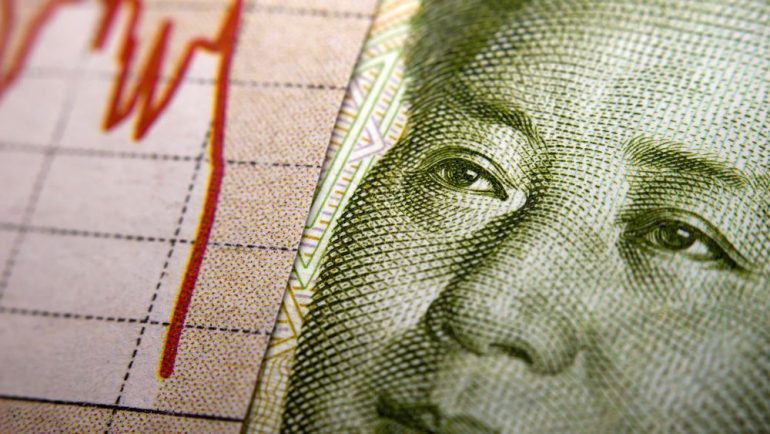By Yue Wang
On Monday, Chinese internet billionaires suffered the heaviest losses among the richest people in the world, as frightened investors continued to "get rid" of shares found in the crosshairs of a series of restrictive regulations imposed by Beijing.
Meituan founder Wang Xing, NetEase CEO Williang Ding, Pinduoduo founder Colin Zheng Huang, and Tencent chairman Pony Ma, lost a total of $ 13,6 billion of their fortunes in one day, according to the global real-time List of Billionaires. The blow to their fortunes came as the sell-off of Chinese stocks in education and technology spread to other sectors, with investors wondering which companies could be the next to hit Beijing.
"The restrictive regulations are a continuation of previous antitrust policies and prevent the uncontrolled spread of capital," said Shen Meng, director of Beijing-based investment bank Chanson and Co. "In addition, China seeks to alleviate dissatisfaction within the ranks of the various social 'factions' and to alleviate the pressure they are under."
For example, following reports of long hours and dangerous working conditions, regulatory authorities are moving towards the adoption of safeguards to protect workers in the food distribution industry, requiring employers to pay higher insurance contributions and ensuring that distributors' remuneration exceeds minimum wage levels. The announcement of the new guidelines led its share meituan -of this giant in the food distribution industry, which is supported by Tencent and for which an antitrust investigation is underway- in "Dive" up to 10% on the Hong Kong Stock Exchange on Tuesday, while on Monday there was a collapse of 14%.
On Tuesday Tencent, which is also behind the online shopping company Pinduoduo, fell by 5% on the Hong Kong Stock Exchange, after regulators demanded that the company waive its exclusive copyright on music. The company is already committed to complying with this directive.
Meanwhile, Beijing seeks to relieve family budgets of some burden, in an effort to recover reduced birth rates in the country, and to that end focuses on post-school education. For some time, this sector has grown rapidly, as during the pandemic, students turned to online services for their education, but recently encountered problems following complaints of misleading prices and false advertisements.
NetEase's New York-listed Youdao online learning unit lost more than 60% of its market value in three consecutive sessions. U.S.-based Chinese education companies Gaotu Techedu, TAL Education and New Oriental Education & Technology fell as regulators unveiled a sweeping regulation package over the weekend. In particular, tutoring companies seeking to teach school material are required to register as non-profit organizations and not take classes on weekends and during school holidays. They are also prohibited from publicly subscribing or raising funds.
"In order to remain listed, they may need to be cut off from companies that violate government regulations," said Tommy Wang, a Hong Kong-based analyst at China Merchants Securities. He adds that up to 90% of the companies' revenues could be affected, as tutoring for elementary and high school students is the "lion's share" of their services.
In this uncertain environment, the foreign investors It would be wise to take into account the risks of pursuing this policy and reassess the prospect of investing in Chinese companies, says Shen of Chanson and Co. Shen. Restrictive regulations on education companies, for example, have brought global investors - from SoftBank to Temasek - to the point of trying to find a way out of their investments. These are investors who had bet many billions of dollars on Chinese educational startups such as Yuanfudao, Zuoyebang and Yi Qi Zuo Ye, which are now under strict regulatory control.
Claudia Wang, an associate of the Oliver Wyman Consulting Company in Shanghai, points out that an option for investors are just waiting and once start-ups find a market equal to the online education industry, which in 2020 was valued at 257,3 billion yuan, then leave, changing their business activities. The wait-and-see attitude is already gaining ground among stock market investors, according to Nomura Securities.
"The 'shocked' investors who were affected are probably now trying to predict which industries could become the next targets of an extensive state control," analysts including Chetan Seth and Yunosuke Ikeda said in a recent note. Until the news of restrictive regulation begins to decline (something that is not yet on the horizon), we believe that most foreign investors are likely to be "left out", although some market segments seem attractive in the medium term based on valuation. ”.
